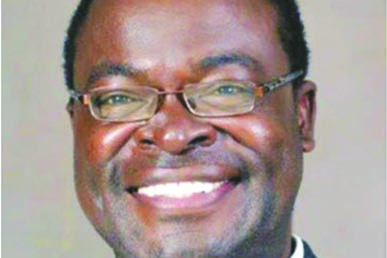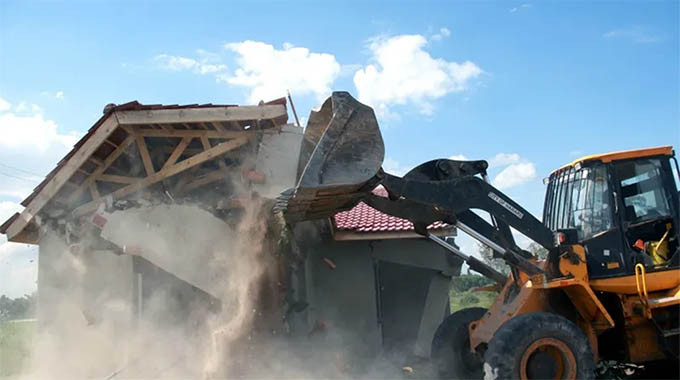
THE government has said it is dumping the science, technology, engineering and mathematics (Stem) drive that the previous government had adopted, a patently unwise and short-sighted decision if ever there was one.
It is no secret that there were issues with the Stem initiative, but dumping it is akin to throwing out the baby with the bath water.
The government’s approach should have been to seek out remedial action and correct where it thought the Stem initiative had gone wrong rather than abandoning it.
It is not lost on us that the Stem thrust was initiated by former Higher Education minister Jonathan Moyo and there might be an appetite to do away with his initiatives, as he is considered persona non grata, but that is a myopic way of doing things.
Instead, the new administration should have carried over with the Stem drive and sought ways to improve it for the betterment of the country.
Without added focus on Stem, Zimbabwe is going backwards rather than progressing, in a world where science and technology are the unparalleled game-changers.
The government ought to invest as much as it can in science and technology education if the country is to develop, attract investment and become a major player in both Africa and the world.
It should have been a government initiative to say Stem would be funded across the education sector so that in the next 10 or so years, the country could start reaping the benefits.
- Chamisa under fire over US$120K donation
- Mavhunga puts DeMbare into Chibuku quarterfinals
- Pension funds bet on Cabora Bassa oilfields
- Councils defy govt fire tender directive
Keep Reading
Zimbabwe prides itself with its mining and agriculture sectors, but it is tragic that almost 20 years after the land reform programme, the country is yet to introduce any innovations that improves on these fields.
Instead, the country relies on foreign technologies, which may not be the best nor suitable for the country.
In agriculture, farmers still use Stone Age practices for cropping and this translates to overuse and unsustainable use of the land.
Thus, with a Stem approach, pupils can be inculcated into a culture of looking for cheaper local solutions to improve their status.
It is unclear what the authorities will do to replace the Stem initiative, but there was no need to reinvent the wheel and they could have just improved on what is there.
In a fast-changing world, it is imperative that the government promotes the teaching of Stem subjects and invests in the programme, as this is the only way the country can improve its fortunes.







